
Atlanta Hawks
50th Season
First Game Played October 16, 1968
Primary Logo
Logo 2015-Present
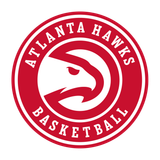
Alternate Logo
Alternate Logo 2015-Present

Historical Moments
Upon arriving in Atlanta, the Hawks had virtually the same team except for Lenny Wilkens, who would be traded to the Seattle Supersonics for Walt Hazzard. Hazzard would help lead the Hawks to a solid second place season with a record of 48-34.
In the playoff, the Hawks would need six games to get past the San Diego Rockets to set up a match with Los Angeles Lakers in the Western Finals. However, the Hawks would be dominated by the Lakers losing in five games.
Hawks Best
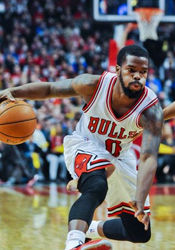
Aaron Brooks
2014-2016
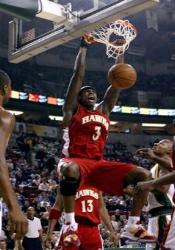
Al Harrington
2004-2006
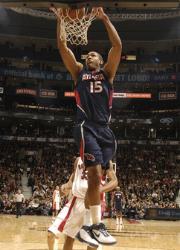
Al Horford
2007-2016
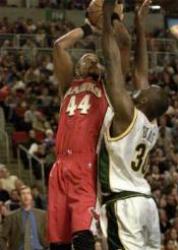
Alan Henderson
1996-2004
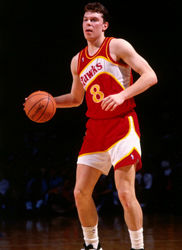
Alexander Volkov
1989-1992
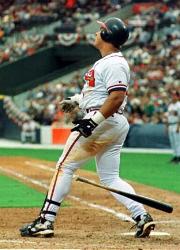
Andres Galarraga
1998-2000
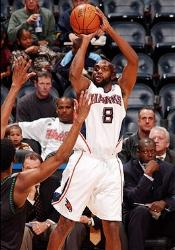
Anthony Johnson
1998-2001, 2006-2008
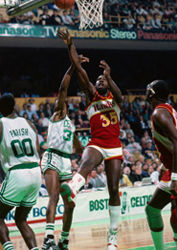
Antoine Carr
1984-1990
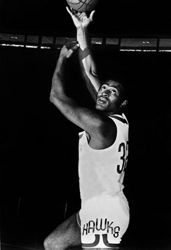
Bill Bridges
1968-1972
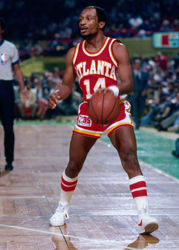
Charlie Criss
1977-1983
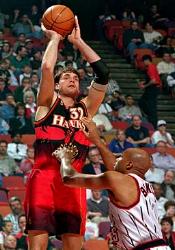
Christian Laettner
1995-1998
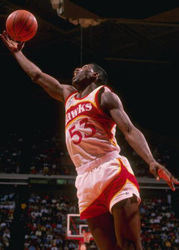
Cliff Levingston
1984-1990
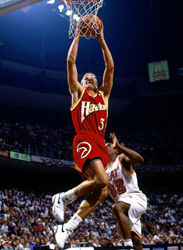
Craig Ehlo
1993-1996
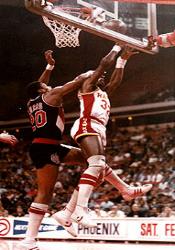
Dan Roundfield
1978-1984
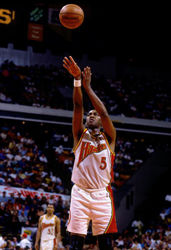
Danny Manning
1993/94
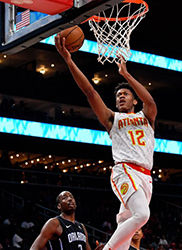
De'Andre Hunter
2019-Present
Hawks Stadiums
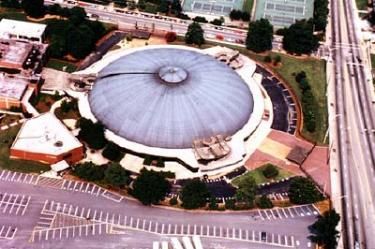
1968-1972, 1997-1999
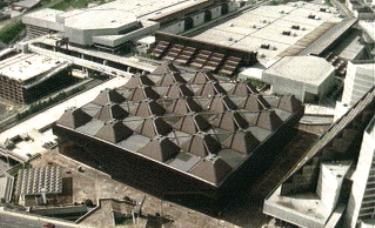
1972-1997
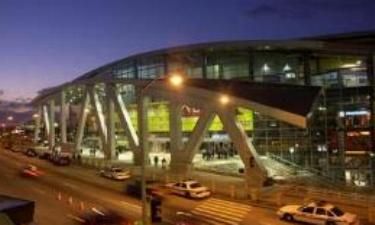
1999-Present